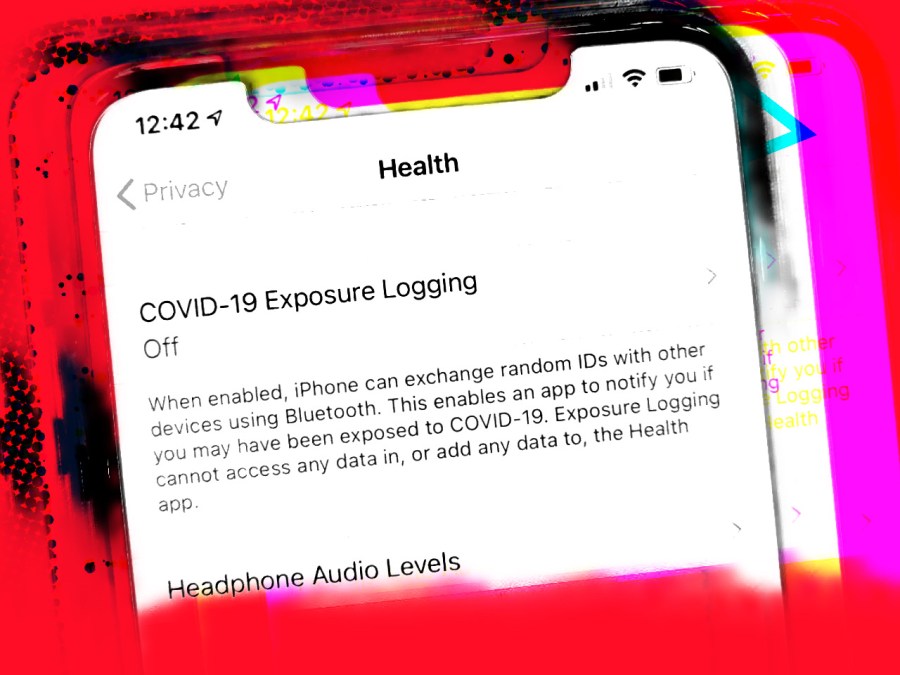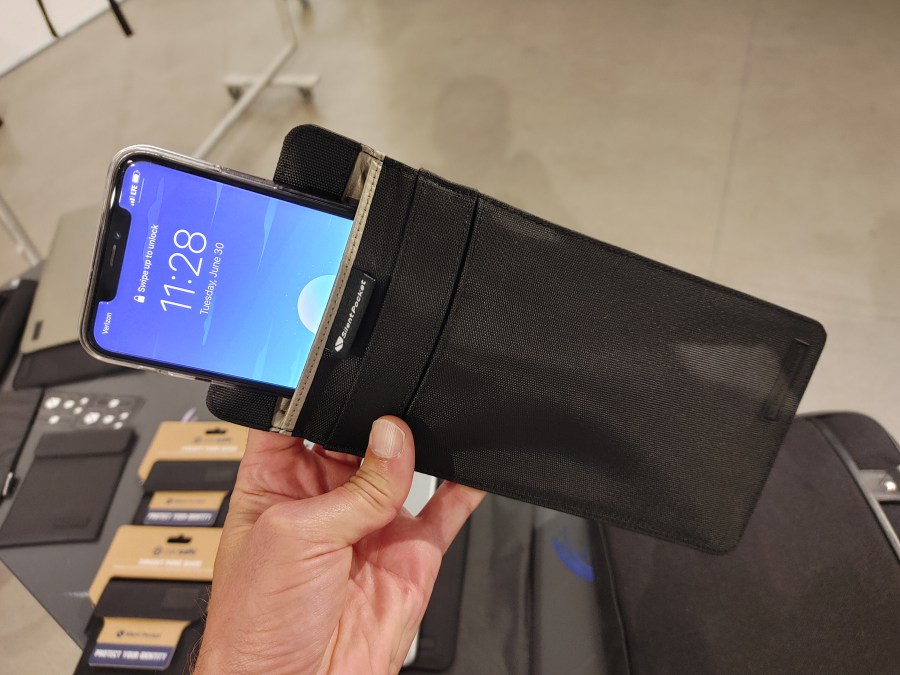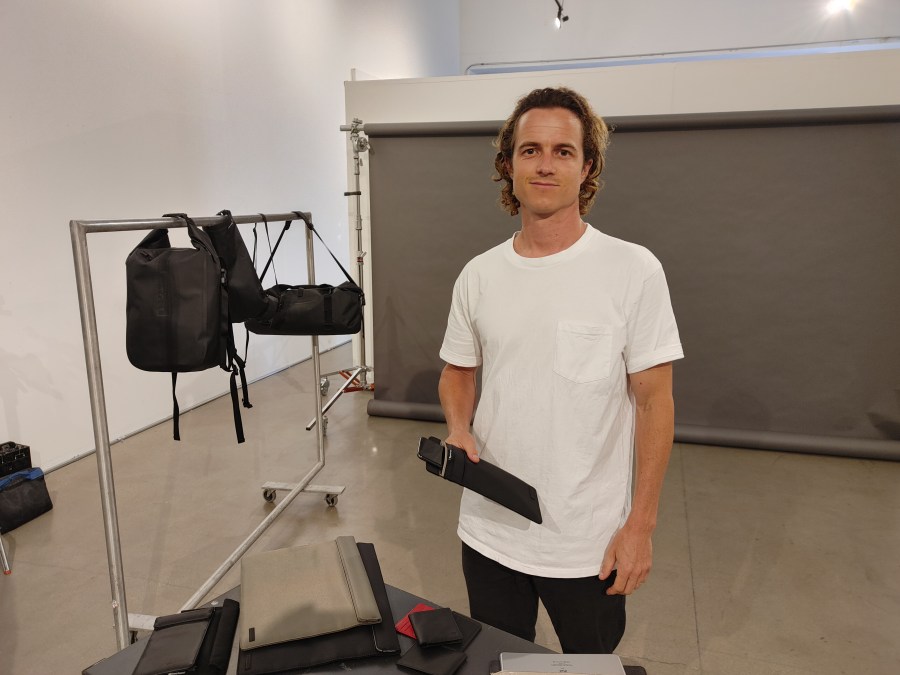Seemingly overnight, millions of phones around the world got a feature to help track and slow down the spread of Coronavirus.
Google and Apple partnered on the system, which is technically called “contact tracing” but goes by the less intimidating “exposure notification.”

The framework uses Bluetooth and random numbers to keep track of the phones you come into contact with. Then, when someone tells the system they’ve been infected, it will alert all of the phones that they came into contact with.
Follow Tech Reporter Rich DeMuro on Instagram for more tech news, tips and gadgets!
The system doesn’t track location or identities and experts agree it does a great deal to protect individual privacy. Still, the system isn’t getting much traction and that’s probably due to privacy concerns.
“People are pretty suspect, understandably,” explained Mike Feibus, a tech analyst in Scottsdale, Arizona. Over Skype, Feibus explained to me that he believes consumers began to trust big tech less after Facebook’s Cambridge Analytica Scandal.
Look no further than Facebook itself for posts skeptical of the tracing software. I got various emails from viewers asking me to “expose” this exposure notification scheme.

A popular post theorizes that the software was secretly installed when T-Mobile phones were having an outage a few weeks back.
That’s not true. In reality, Apple and Google announced plans for the new software back in April. It was released as a software update in iOS 13.5 and as an update to Google Play Services around the same time.
“The bad news is that you can’t uninstall it, the good news is that it’s not doing anything,” said Feibus.
To see the feature on an iPhone, go to Settings > Privacy > Health > COVID-19 Exposure Logging.
On Android, go to Settings > Google > COVID-19 Exposure Notifications.
The feature is only activated when you install an official COVID tracking app and right now, at least in the U.S., there aren’t many of them.
So far, North Dakota, Alabama and South Carolina say they’re building apps that use the framework. In a statement, Apple says 22 countries have expressed interest in using the system, but big states, including New York and California haven’t gotten on board.
Ironically, the system is highlighting the extreme tracking abilities of our phones. Sales are up at a company called Silent Pocket. They sell a $70 smartphone privacy pouch.

“Pop it open, put your phone in and you’re off the grid – it’s as simple as that,” said Aaron Zar, CEO of the company and self described “Director of Disconnection.” He’s been selling the idea of smartphone privacy for a decade now.
“WiFi, Bluetooth, GPS… your phone has a lot of different radios in it – anything that connects or makes a signal is tracking you,” explained Zar.

To test it out, I first called my phone when it was outside the case and it rang as typical. Then, I put my phone in the case and tried to call it again and the call didn’t go through.
“This is obviously a pandemic and there’s a lot of bad with it, but in the grand scheme of things, I think we need to be very conscious of where this leads to,” concluded Zar.
NOW: Listen to the Rich on Tech podcast, where I talk about the tech news I think you should know about and answer the questions you send me!





















